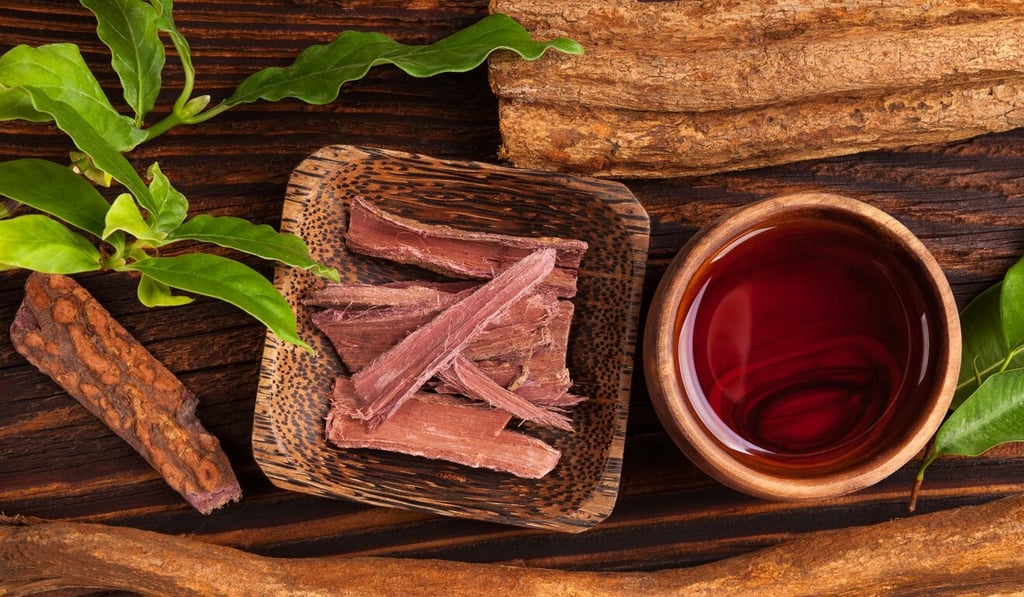Years of therapy or a week of magic mushroom drug? Mental health breakthroughs achieved on plant medicine retreats
- Long used by indigenous tribes for spiritual healing, psychedelic drugs have the potential to treat serious mental health conditions when other therapies fail
- Luxury retreats have psilocybin and ayahuasca courses, but there have been horror stories. Having a qualified coach, and support, can maximise drugs’ potential

It was the 1960s’ books of Carlos Castaneda, discovered on the shelves of her aunt’s library as a teenager, that first piqued Sarah’s (not her real name) curiosity about psychoactive plant medicine.
She was intrigued by the beautiful visions and spiritual healing Castaneda describes after taking peyote, a cactus with psychoactive properties, long used in tribal rituals.
Years later, an opportunity arose for her to try ayahuasca, a South American entheogenic – mind-altering, often in a spiritual or religious way – brew which, it is claimed, can reconnect you with the ‘locked’ parts of your subconscious.
As well as facilitating self-exploration, plant medicines such as psilocybin (magic mushrooms), San Pedro (cactus), and ayahuasca are also gaining credibility for their potential ability to improve mental well-being, ease suffering and heal past trauma.

Over the past two decades, clinical researchers in the United States, United Kingdom and Europe have conducted extensive studies on psychedelics. Last April, Imperial College London launched the first formal centre for psychedelic research.